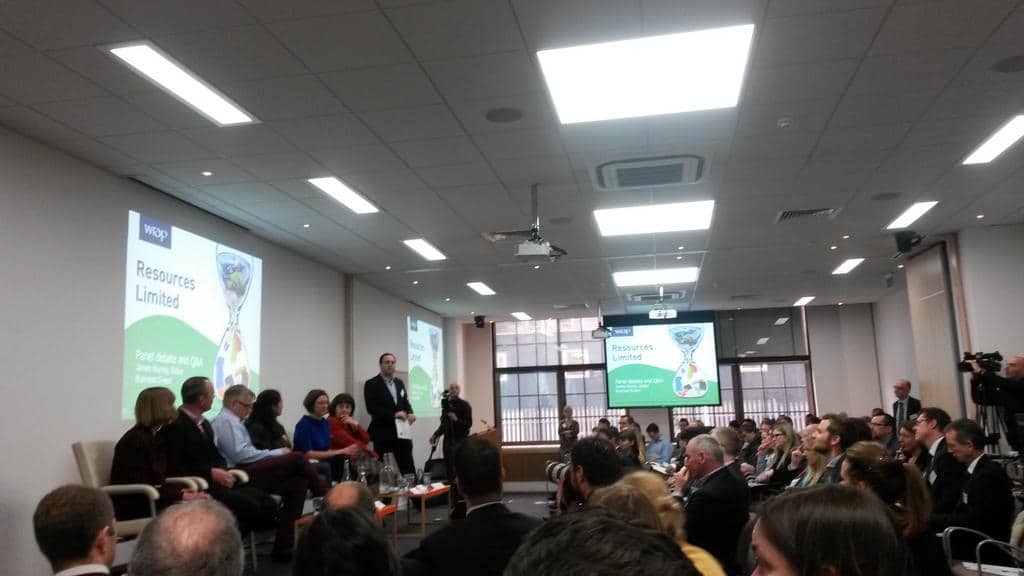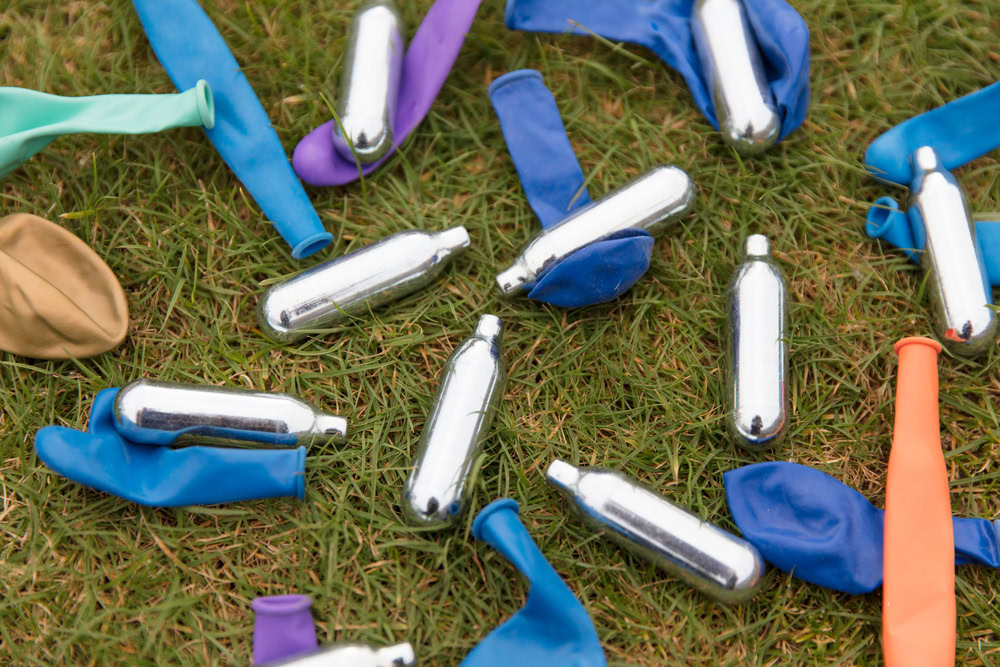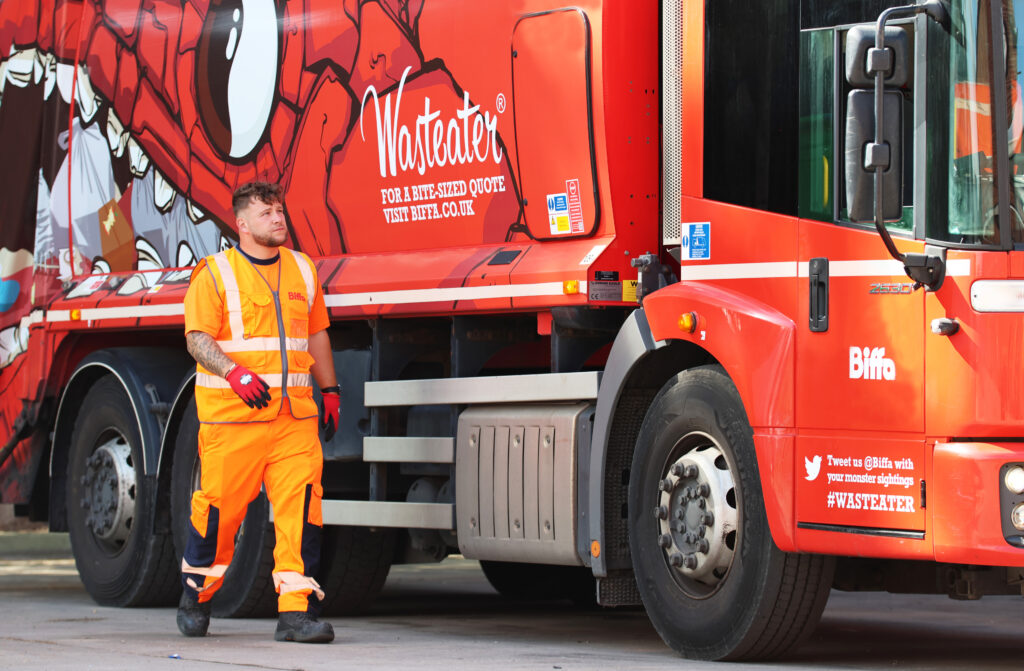Unveiled by WRAP in May, the £800,000 Innovation in Waste Prevention (IWP) Fund is being run in three phases over two years to promote waste prevention projects in local communities.

Out of 79 applications, a total of 10 projects have been selected for funding in the first phase – with the majority of schemes chosen run by charities and local authorities.
Successful schemes include the Restart Project in the London borough of Havering, which is developing a ‘fixometer’ app to rate electrical repair workshops and a ‘scrapstore’ which was proposed by Action for Children in North Devon and Torridge.
Elsehwere, Tandridge district council’s proposal to provide kerbside collections of textiles and small electrical items for reuse has also received the green light, while Hampshire county council will develop a reuse and repair centre to provide the Hampshire Furniture Reuse Network with additional capacity.
Submissions for the second round of funding under the IWP have been open since November 20, with a deadline set for February 6 2015. Details on the third phase will be announced later next year.
Response
Commenting on the first round of funding, Defra minister Dan Rogerson said the response to the IWP Fund had been ‘incredible’.
[testimonial id = “124” align=”right”]
He said: “Preventing waste before it is even created not only protects the environment but also makes good business sense. That is why we are committed to helping people make the most of the materials that are available to them, creating a stronger economy and more sustainable society.
“We had an incredible response to the first round of the IWP Fund and the successful projects will take a range of exciting repair and renew projects to communities in England. I am incredibly excited to see what comes out of phase two of this project, as we call for even more innovative ideas.”
The announcement comes as part of an update from the Department of Environment, Food and Rural Affairs on the first year of its Waste Prevention Programme – which was launched 12 months ago (see letsrecycle.com story).
The Programme included a continuation of the WRAP-managed £1.5 million waste prevention loan fund for small and medium-sized businesses, as well as the £1.2 million programme of Action Based Research pilots to encourage resource efficiency and supply chain innovations.
Guidance
Reporting on what it has accomplished so far, Defra has confirmed it is developing ‘general guidance’ to enable government departments and the wider public sector to take prevention and reuse into account when procuring contracts.
The guidance will also set out the best ways the public sector can embed pre-market engagement with suppliers and outcome-based tenders in the procurement process.

Defra has also identified a suite of metrics, which it says will help government measure how waste arisings have changed over time. The metrics will also be used as ‘indicators of progress with waste prevention’ by tracking and publishing them annually.
The department went on to highlight WRAP’s Courtauld Commitment and its Electrical and Electronic Equipment Sustainability Action Plan (esap) as waste prevention in action.
Progress
Mr Rogerson was also keen to highlight progress made during the first 12 months of the Waste Prevention Programme.
He said: “From rebooting electricals to fixing up used clothes, 12 months down the road we are proud of what has been achieved in the first year of this programme. There is still a lot more to be done and every sector has their role to play. It is crucial that we keep working in partnership to move from our throw away culture and become a circular economy.”







Subscribe for free